Man Dies After Taking Chemical in Coronavirus Treatment Touted by Trump, blared the headline in Time magazine, as if it was the President’s fault. The elderly man had swallowed an aquarium additive made of chloroquine phosphate, presumably hoping it would have the same effect as the anti-malarial medication also made of chloroquine that is being used in China, South Korea, France, Italy and the US to treat patients with Covid-19.
Trump infuriated his critics on Thursday 19 March when he said that chloroquine had shown ‘very, very encouraging early results’ in treating Covid-19 patients adding, ‘we’re going to be able to make that drug available almost immediately.’ The New York Times harrumphed that the President had ‘exaggerated’ the potential of the anti-malarial drugs, but Trump was undeterred. On Saturday he tweeted ‘HYDROXYCHLOROQUINE & AZITHROMYCIN, taken together, have a real chance to be one of the biggest game changers in the history of medicine.’
Trump made the comments based on the results of a trial undertaken in France by Professor Didier Raoult, a world expert on communicable diseases, who, with his long white hair and beard, looks like a real-life Getafix, the druid in Asterix and Obelix, who brews the magic potion that gives the Gauls their superhuman strength.
The trial was only small but included everyone in the hospitals that was Covid-19 positive and met the criteria. Given the life threatening nature of the illness, Raoult considered that it would be unethical not to offer the new drugs to any patient who wanted to participate. Those who didn’t wish to participate functioned as the control group, receiving standard care. The result? After six days 75 per cent had no trace of the virus and were no longer contagious. When combined with the antibiotic azithromycin that figure rose to 90 per cent.
Yet it was Raoult’s decision to offer the drug to all who wanted it, rather than to operate a double blind trial and randomly give some patients a placebo that has led Anthony Fauci, the director of the US National Institute of Allergy and Infectious Diseases to dismiss the results as anecdotal. It’s true that they have little statistical value but hospitals and doctors across the US are already using it and New York Governor Andrew Cuomo approved a trial which started Tuesday.
In any event, Raoult’s trial is not the only evidence available. He tried hydroxychloroquine after the results of clinical trials in China were announced on February 17 by his ‘brilliant colleague,’ Zhong Nanshan, the world-renowned epidemiologist and pulmonologist who discovered the SARS coronavirus in 2003. In vitro experiments in China had already shown that chloroquine prevented the SARS CoV-2 virus from replicating in cells and could also prevent infection. Zhong’s trials showed that patients who were administered chloroquine recovered faster than control groups; their fever abated, their lungs cleared, and they tested negative for the virus after only a week with no serious adverse reactions. The results were so good that the Chinese experts unanimously called for the drug be included in treatment guidelines and applied in wider clinical trials as soon as possible. The drug has also been incorporated into South Korean and Italian guidelines.
Yet when Raoult published a video on the great Chinese results on February 25 titled ‘Coronavirus: endgame’ fact-checkers for a site operated by Le Monde labelled it ‘partially false.’ This prompted Facebook to follow suit and even the French Ministry of Health claimed, for 36 hours, that Raoult’s report was ‘fake news,’ until that assertion was hastily withdrawn. When the French President asked for a scientific committee to be set up on March 11 to respond to the coronavirus crisis, Raoult had to be included yet the French establishment reacted to the results of the Raoult trial much as the US media reacted to Trump’s enthusiasm. Raoult is detested by some in the French medical establishment because he considered ‘arrogant’ but he says the rejection of hydroxychlorine is because ‘they have a hard time admitting that a new disease, a new virus, can be effectively treated with old drugs that cost nothing, and not with a new one.’
The WHO was lukewarm too. Its scientific panel which designed a massive multi-country SOLIDARITY trial of new drugs to treat Covid-19 originally decided to leave the chloroquine and hydroxychloroquine out of the trial but had a change of heart at a meeting in Geneva on 13 March, because the drugs had ‘received significant attention’ in many countries, according to the report of a WHO working group.’
Zhong also ran into trouble. His status as scientific superstar has allowed him greater leeway than most in China to speak truth to power. It was Zhong who dared to say on February 27 that if China ‘in early in early December or early January had taken strict control measures, the number of patients would have been very greatly reduced.’ He also said he told the local government on January 7 that if they delayed measures until January 25, the number of new cases would increase by more than 100,000. Yet even for Zhong there are limits. President Xi Jinping has decreed that Traditional Chinese Medicine should be used in tandem with Western medicine to tackle the SARS CoV-2 virus. That was too much for Zhong who said, ’We do not expect TCM to have a strong antiviral effect.’ Radio Free Asia reported on March 12 that Zhong had been replaced as the head of a team of nearly 60 people tackling the pandemic, many of whom specialise in traditional Chinese medicine. But the WHO was only too keen to kowtow. A Q&A on its website which lists measures deemed ineffective in treating Covid-19 such as smoking, or wearing multiple masks, was edited to remove traditional remedies. That China and the WHO are preoccupied herbal potions is not just a case of fiddling while Rome — and the rest of the world — succumbs to the China flu. While Trump-addled media scold the US President for talking about the ‘China virus,’ Xi is running an orchestrated campaign to claim that Chinese authoritarianism (and herbs) trump Western democracy.
On Wednesday, Australia’s Health Minister announced a four-month randomised trial of hydroxychloroquine for 2250 healthcare workers in which half will be given placebos. The drug will not be available for ordinary people until after the trial is finished. That doesn’t seem fair. A cheap drug which may prevent people getting a life-threatening illness or speed up recovery and which, if properly prescribed, is not dangerous, should not be with-held from anyone. Magic potion or not, whoever wants it should Getafix.
Got something to add? Join the discussion and comment below.
Get 10 issues for just $10
Subscribe to The Spectator Australia today for the next 10 magazine issues, plus full online access, for just $10.
You might disagree with half of it, but you’ll enjoy reading all of it. Try your first month for free, then just $2 a week for the remainder of your first year.

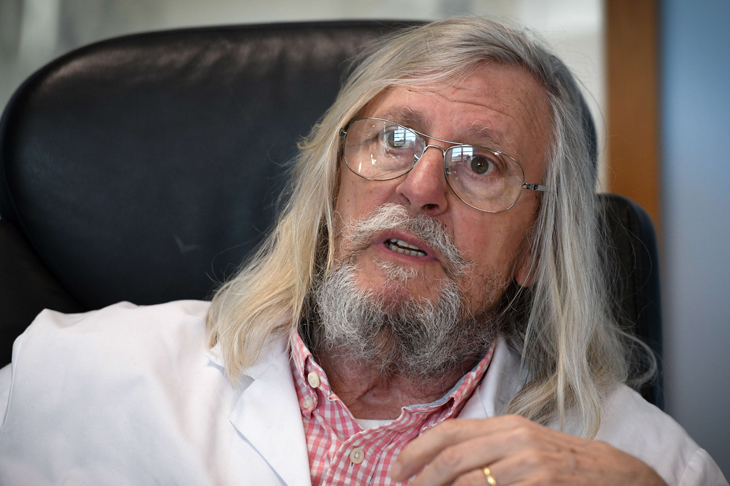
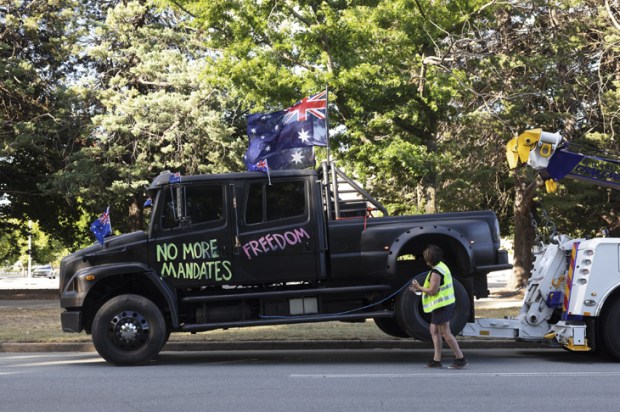
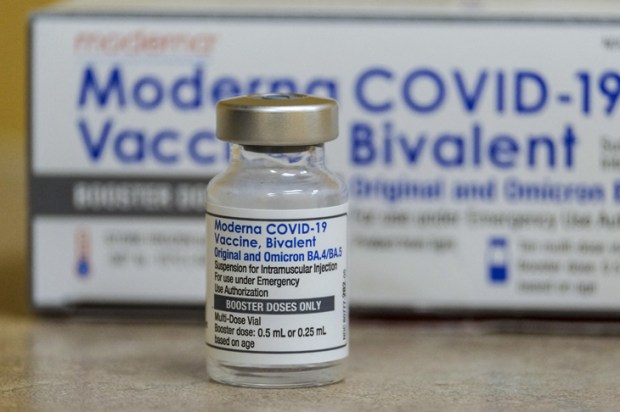
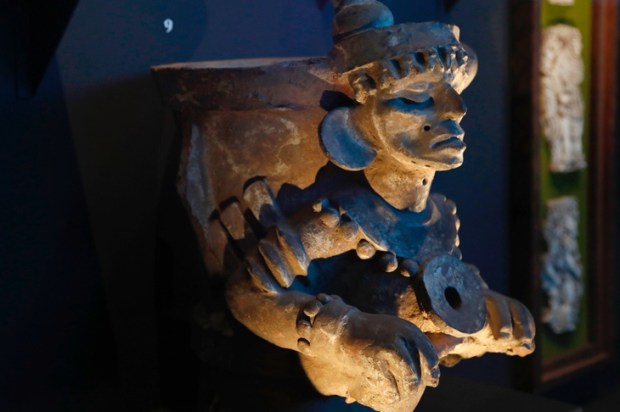
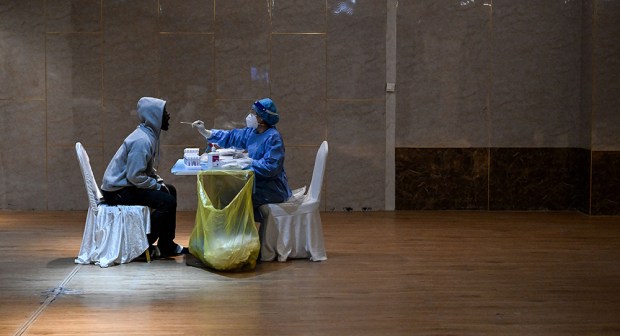
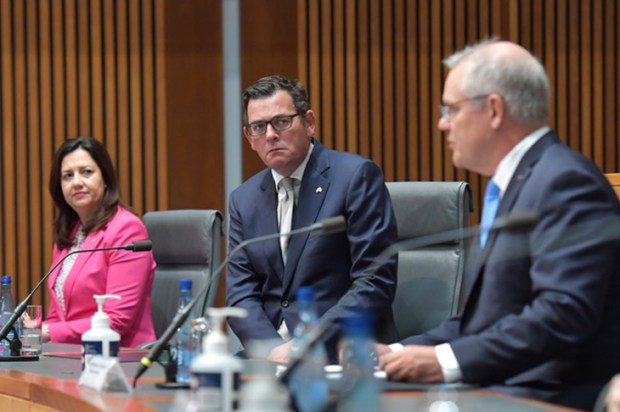
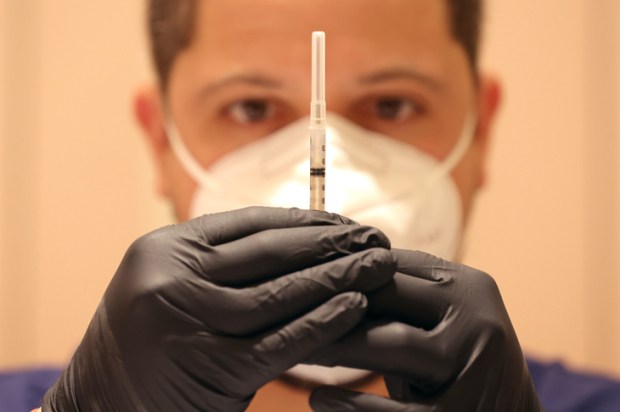






Comments
Don't miss out
Join the conversation with other Spectator Australia readers. Subscribe to leave a comment.
SUBSCRIBEAlready a subscriber? Log in